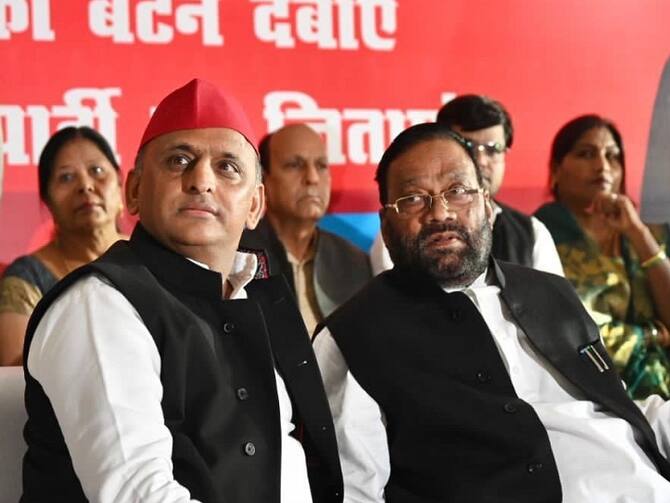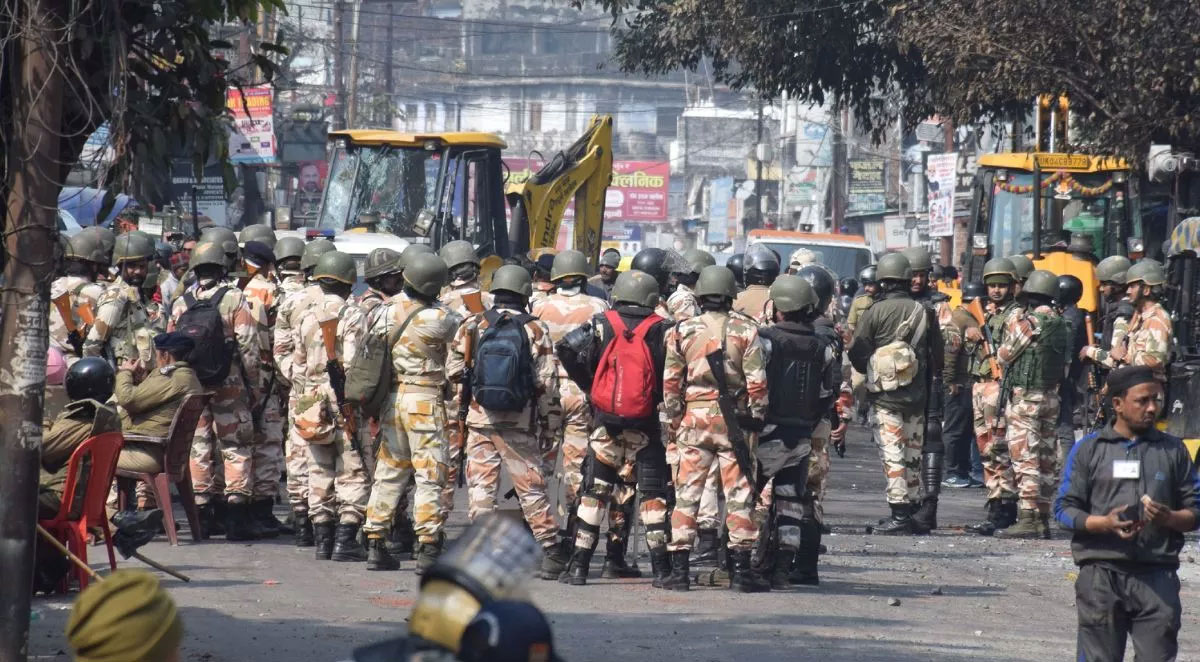Urmilesh, who was the first editor of Rajya Sabha TV, is a well-known name in the field of journalism. His books Bihar ka Sach (1991), Yoddha Mahapandit (1993), Rahul Sankrityayan: Srijan Aur Sangharsh (1994), Jharkhand: Jadui Zameen ka Andhera (1999), Jhelum Kinare Dahakte Chinar (2004), Kashmir: Virasat Aur Siyasat (2006), Bharat Mein Arthik Sudhar Ke Do Dashak (edited, 2010), Christiania Meri Jaan (2006) and Ghazipur Mein Christopher Caudwell (2011) were well received. Recently, the Delhi Police and other central investigative agencies raided his home and took him to the police station for questioning, citing his association with the news website NewsClick. Prabir Purkayastha and Amit Chakravarti, editor and HR manager of NewsClick, respectively, were arrested and sent to judicial remand. The move is being seen as the government’s brazen assault on the media. Urmilesh spoke with Nawal Kishore Kumar on this issue. Edited excerpts:
How was the behaviour of the Delhi Police with you?
The men from the Delhi Police and the investigative agencies were decent with me, both inside and outside my house. They did not misbehave with me. They were polite. They provided me with the list of articles they had seized from my place. But it was sad to see my laptop and two mobile phones taken away. The manuscripts of my two new books were on that laptop. This was the most undemocratic, objectionable and arbitrary action on the part of the police team and those who control them. They also took away some books from my home. I don’t know which books they have taken, but yes, they kept the rest of the books back on the shelves. They didn’t leave them lying around. I was taken elsewhere for questioning. There too, they behaved well with me. One objection I have is that they did not show me a search warrant before entering my home, although they did say that they were acting on instructions from the top.
You have been in journalism for more than four decades now. Do you remember earlier governments treating the media in this manner?
No, never. Such things may have happened during British rule. But in independent India, it is for the first time that 46-47 people associated with a single media house were put under the scanner. Raids were conducted in Mumbai, Delhi and even in Kerala. I can’t think of another instance of the government trying to shut down a media house in this manner. That much I can say.
How do you view the allegations against NewsClick?
What I can say is that my association with this institution has only been as a freelancer. I present a show for them on YouTube. As far as the charges against NewsClick are concerned, the basis for those charges have yet to come to the fore.

This could be seen as a massive assault on the alternative media. Do you believe that the influence of the alternative media is growing?
Definitely. The reach and influence of what is called the alternative media or online media has definitely grown. Given the kind of journalism being done in the country today, the online media has definitely provided a forum to the people to have their say.
What is your take on the way the government action against NewsClick was reported by the media?
If you are talking of TV channels, they are doing an altogether different brand of journalism. As for the print media, some English newspapers have done factual reporting. The coverage by Hindi newspapers has been disappointing. You can say that it is pretty superficial and largely based on the content provided by the investigative agencies.
How will developments like these affect journalism?
You see, I began my journalism with the Navbharat Times. Before that, I had written a report for Dinmaan, when Raghuvir Sahay was its editor and I was a student in the first or second year of my BA. I have always adhered to the highest standards of journalism. I never made petty comments, never hit anyone below the belt. What I feel is that in our country, journalists are being stopped from telling the truth. This is disappointing. Still, I want to reiterate that as compared with their Hindi counterparts, the English newspapers are doing better journalism.
Don’t you think the government action will sink the morale of the Dalitbahujan youth who are in journalism? What should they do?
I have three points to make. One, the Dalitbahujan youth should create space for themselves in the English-language media. If they create good content, it will be translated into other languages. So, they should not think that if they write in English, they won’t be read widely. You people [Forward Press] publish Kancha Illiah. He writes either in Telugu or English. But you publish him in Hindi and he is read in the Hindi belt. Similarly, good content is translated into other languages as well. The second point I want to make is that until the social and institutional structure of the mainstream Hindi media changes, it will only have nominal space for the Dalitbahujan, no matter how hard they struggle. The third point I want to make is that the newcomers in journalism should try to join Hindi journalism institutions which are occupying the alternative media space. They can even build their own online platforms or trusts or cooperatives. The main thing is that the Dalitbahujan who want to do journalism should not waste their youth on carving out a place for themselves in the mainstream Hindi media. They should use their energies in creating good content.
Last question. You have said that you won’t be cowed down. What do you mean?
Yes. I am not afraid because of what has happened. I will continue working as before. I will continue doing the kind of journalism I have been doing – the journalism which has given me a distinct identity. I have been committed to the truth. And I will continue to be committed to the truth.
(Translated from the original Hindi by Amrish Herdenia)
Forward Press also publishes books on Bahujan issues. Forward Press Books sheds light on the widespread problems as well as the finer aspects of Bahujan (Dalit, OBC, Adivasi, Nomadic, Pasmanda) society, culture, literature and politics. Contact us for a list of FP Books’ titles and to order. Mobile: +917827427311, Email: info@forwardmagazine.in)





